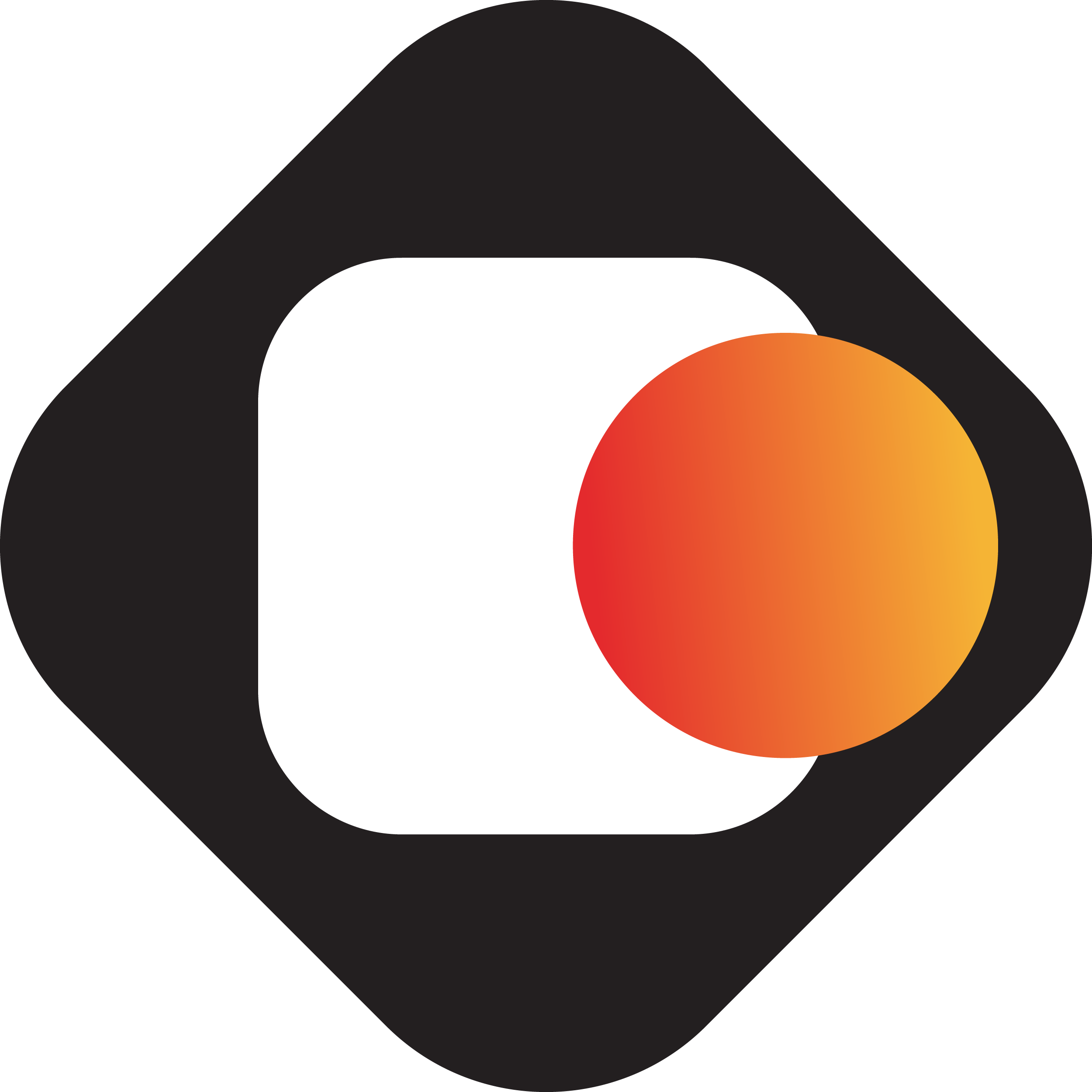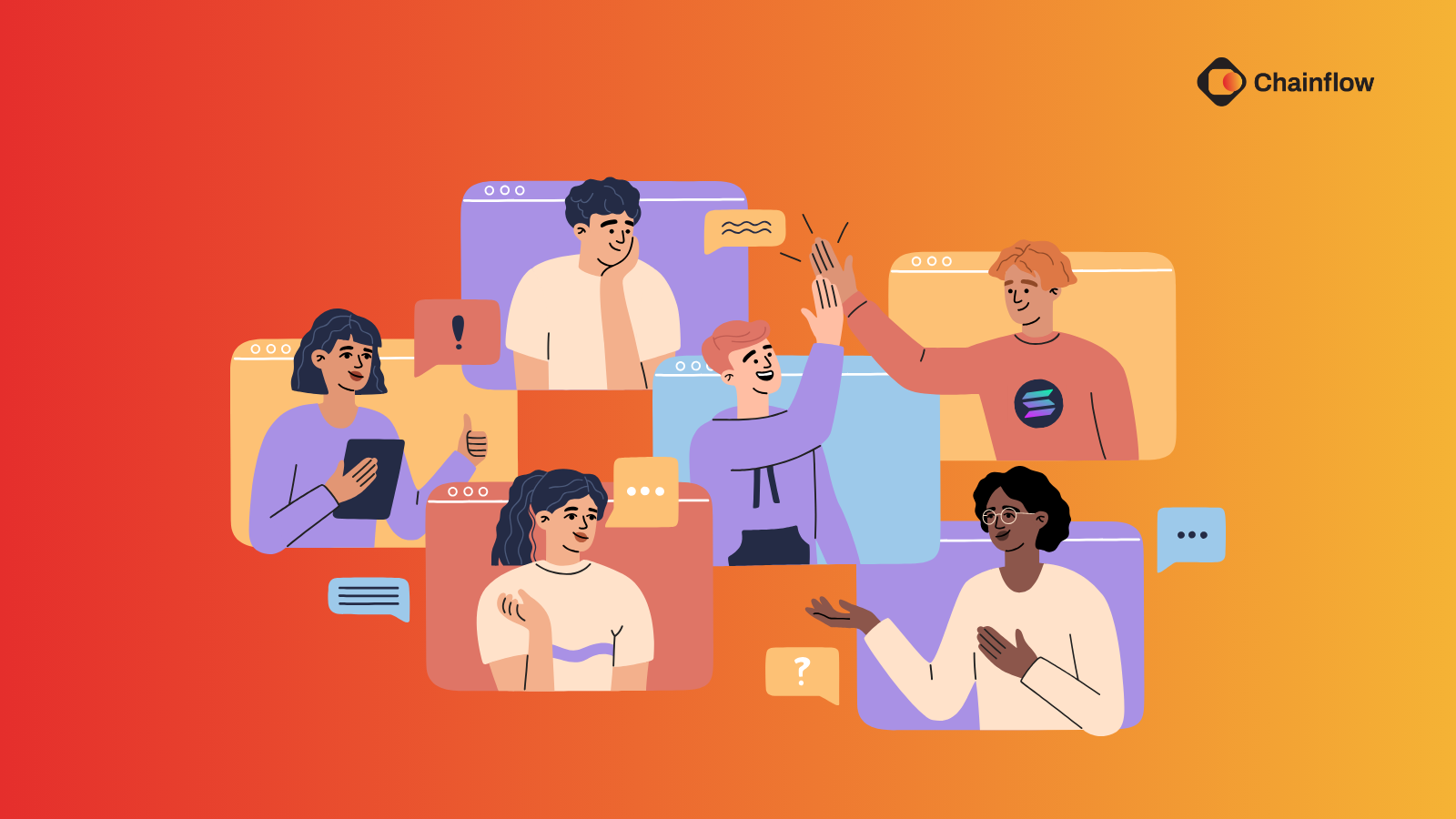About a year and a half ago, we began hosting the monthly Solana Community Validator Calls. These take place every 4th Thursday of each month and are open to anyone who wished to join.
Here is a brief summary of what we discussed during the August call.
Paladin and MEV Discussion
- Introduction of Paladin: The meeting focused on Paladin, a bot developed to mitigate the negative impacts of MEV on DeFi. The bot is designed to incentivize validators to act honestly by capturing “good” MEV while discouraging harmful activities like front-running and sandwiching.
- Incentive Mechanism: Paladin works alongside the PAL token, which acts as both an incentive and a governance tool. Validators running the Paladin bot can capture MEV more efficiently and earn PAL tokens. The system is designed to disincentivize cheating by introducing slashing mechanisms for dishonest behavior.
- Bot and Token Mechanics: Paladin is an open-source bot that can be run alongside Jito, capturing additional MEV opportunities directly. The PAL token is intended to add value through cash flow, with validators earning tokens proportional to the MEV they capture. Slashing is a potential risk if validators tweak the bot to engage in dishonest activities.
Community Concerns and Side Discussions
- Skepticism and Concerns: Some participants expressed skepticism about the widespread adoption of Paladin, with concerns about validators forking the bot and bypassing the PAL token system. Others raised questions about the long-term value of the PAL token, especially if it doesn’t gain traction or liquidity.
- Slashing and Governance: There was significant concern about how the governance of the PAL token and the slashing mechanism would be managed. Participants questioned how slashing decisions would be made, whether they could be influenced by large token holders, and the fairness of penalties imposed on validators.
Technical Details and Validator Strategies
- Running the Bot: The meeting included discussions on the technical aspects of running the Paladin bot, such as how it integrates with existing validator setups and whether it would increase the load on validators. There was also concern about how the bot’s algorithms would evolve and whether validators would need to reinstall or reboot the bot with updates.
- Competition with Searchers: Some participants raised concerns about the potential impact of Paladin on existing MEV strategies, particularly how searchers might react to validators running Paladin as competition. There was also discussion on how Paladin could affect the overall MEV market dynamics on Solana.
Risks and Challenges
- System Robustness: The discussion began with a broader focus on ensuring the Solana network’s robustness under stress, such as when infrastructure is damaged (e.g., undersea cables being cut). The importance of not having overly tight parameters, which could make the system brittle, was emphasized.
- Code Risks: The risks associated with running new software, like the Paladin bot, were acknowledged. However, it was noted that these risks are similar to those associated with any new code deployment in a validator’s environment.
Validator Participation and Adoption
- Adoption Concerns: There were mixed opinions on whether validators would adopt the Paladin bot or create their own forks to maximize gains without contributing to the broader ecosystem. Some participants were concerned about validators prioritizing short-term profits over the long-term health of the network.
- Potential Benefits: Despite the skepticism, the Paladin team emphasized that the bot should theoretically increase validator profits without the need for unethical behavior. The hope is that as more validators adopt Paladin, the system’s overall value will increase.
Future Plans and Community Involvement
- Launch Timeline: The Paladin bot is expected to be released within the next 4-6 weeks, with several validators already running it in a production environment. The focus will be on encouraging more validators to adopt Paladin, as its success depends on widespread usage.
- Open-Source Contribution: The meeting highlighted the open-source nature of Paladin, encouraging validators to contribute to its development and suggest improvements. The goal is to foster a collaborative environment where the Paladin bot can evolve to benefit the entire network.
- Dedicated Discussions: The idea of moving further discussions about Paladin to a dedicated Discord channel was proposed to continue the debates and discussions as the project progresses. This reflects the ongoing interest and need for more focused conversation around the Paladin project.
If you want to join our September Solana Community Validator Call, follow us on Twitter where we announce these events and the link to join!

